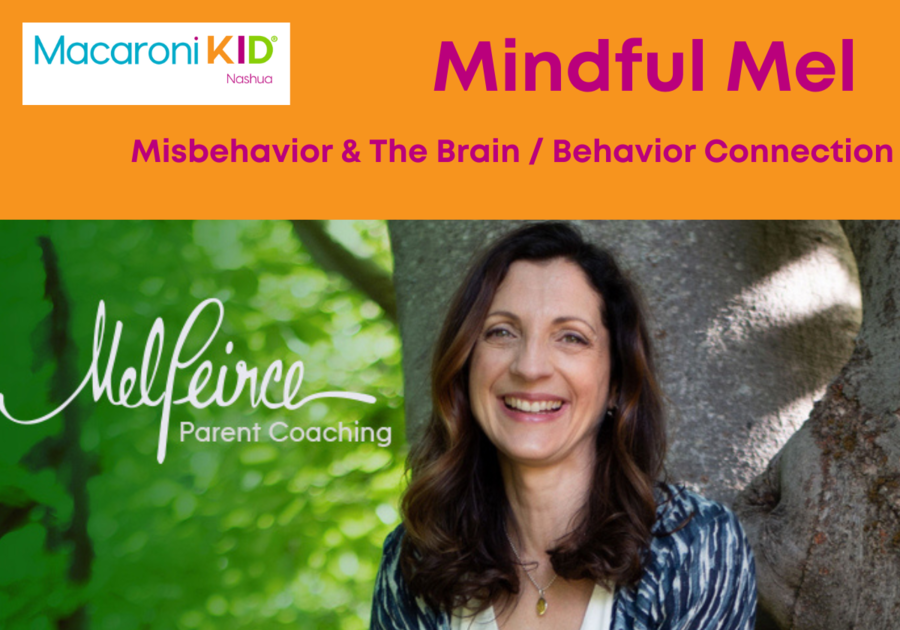Do you get triggered when your child misbehaves? I know that I often did when my children were little. In my mind, they always seemed to pick the worst times to not listen and not do what they were “supposed” to. That’s when I would go into command and demand mode.
Unfortunately, at the time I didn’t know how my children’s brains were developing and what their misbehavior was actually telling me. I didn’t understand that their “thinking” brain was still under construction and that their reactions were driven by their primal brain which is fully developed by age one.
The best way I’ve heard it described is in The Whole Brain Child by Dr. Daniel Siegel and Dr. Tina Payne Bryson. (https://drdansiegel.com/book/the-whole-brain-child) Imagine your child’s brain as a house — Their downstairs primal brain is all finished and furnished, but through their childhood years their upstairs “thinking” brain is unfinished. The stairs go up but there are just plywood floors and open rafters. You can see the studs but there are no walls or ceilings yet. Their brains are under massive construction when they are young and then go through another massive remodeling process during their teenage years which lasts into adulthood.
Just knowing that your child’s thinking brain isn’t fully developed can help explain some of their behavior — because it means that they haven’t developed impulse control or frustration tolerance skills, they don’t yet have solid decision-making and planning skills, they don’t always have control over their emotions and body, and their self-understanding and empathy skills aren’t fully developed yet either.
When your child is “misbehaving”, consider that it’s NOT that they won’t behave, but that it’s more likely that they can’t behave because they haven’t developed those skills yet.
Here are some examples of where you may think your child is misbehaving when actually, their brain is not fully developed yet:
- Grabbing a toy away from another sibling, or creating chaos when an older sibling has a playdate may mean they need help building skills when it comes to sharing as well as how to communicate their disappointment appropriately when they don’t get their way.
- If your child has a big reaction whenever you say “no” or things don’t go their way, they likely need help building frustration tolerance and impulse control skills.
- If your child consistently acts without thinking in a way that negatively affects others, they may need help developing their impulse control and empathy skills.
- If they are difficult at bedtime and keep coming up with excuses to see you, they may be feeling disconnected from you and need help understanding and communicating their feelings.
Can you think of some of your child’s behaviors that might be an area where they just need help developing skills? If so, how are you currently responding in these situations?
If you believe that your child is choosing to misbehave, recognize that your thought or belief will likely be a trigger for you, which causes frustration or anger. And when you are frustrated or angry, you are not your most effective as a parent.
However, if you look at your child’s misbehavior as an indicator of a skill that they have not learned and get curious about how best to handle the situation, you can show up so much more effectively as a parent.
Research has shown that the way we interact with our children when they’re upset significantly affects how their brain develops. As parents, we have the opportunity to help shape the adult that our child will grow into.
If you struggle to handle behavior challenges with your child, join us on January 25th for my newest live workshop - How To Parent Through Behavior Challenges. We will discuss the brain/behavior connection, common mistakes many parents make, and how to avoid them, and I’ll be sharing research backed proven tools so you know exactly what to do next time your child misbehaves. Click here for more information and register to update your parenting toolbox for 2024.
------------
SUBSCRIBE FOR MORE!
Love this article? Want more like it and to get the latest on local Greater Nashua area events? Subscribe HERE to receive our free, weekly Macaroni KID Nashua newsletter in your inbox every Thursday morning. Our goal is to bring you all of the best family-friendly events, activities, and businesses in our area. We proudly serve Nashua, Amherst, Brookline, Hollis, Hudson, Litchfield, Milford, Merrimack! Contact us anytime (karynm@macaronikid.com) with your ideas, event listings, and suggestions. Have a small business and want to reach thousands of local families? Advertise with us!



